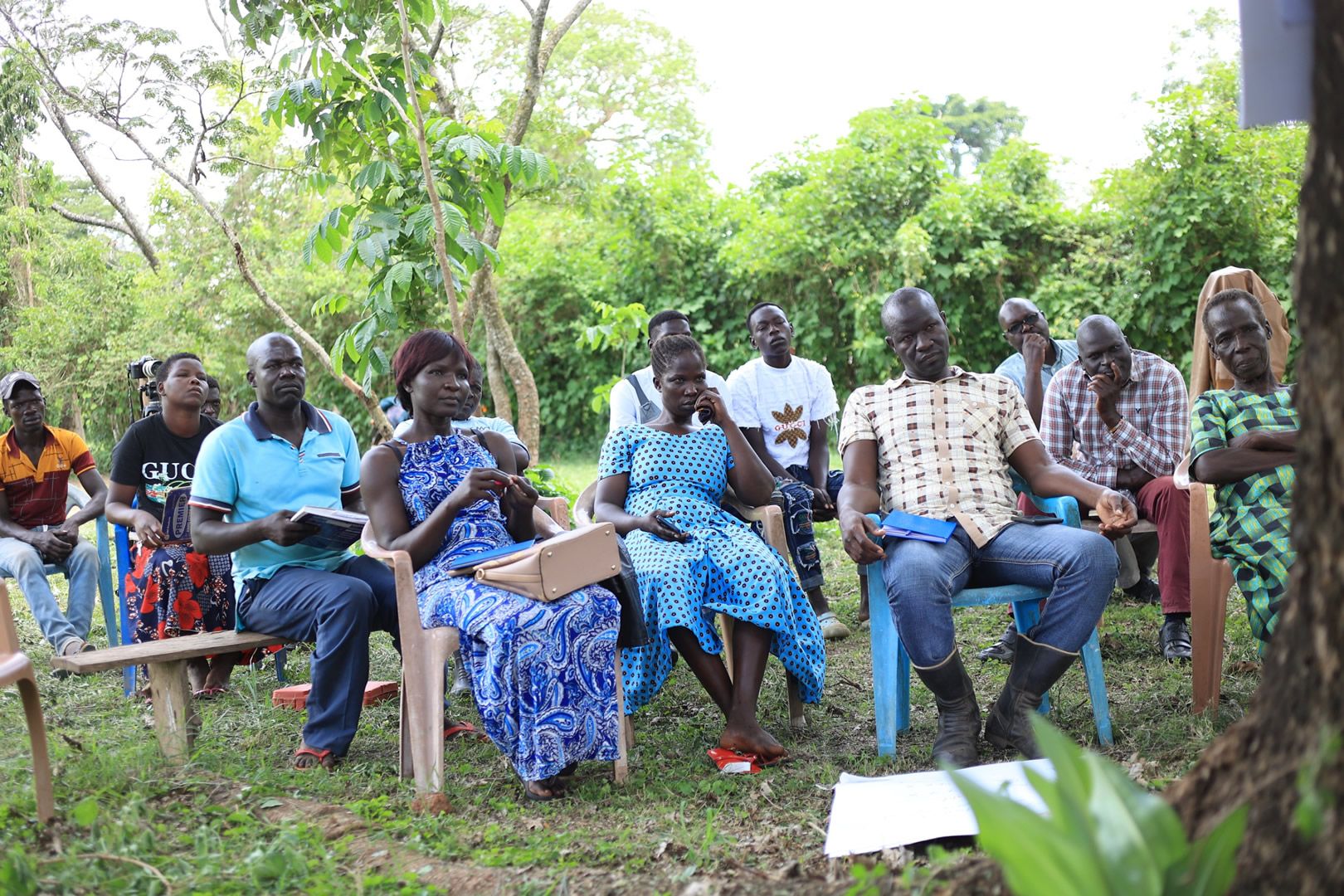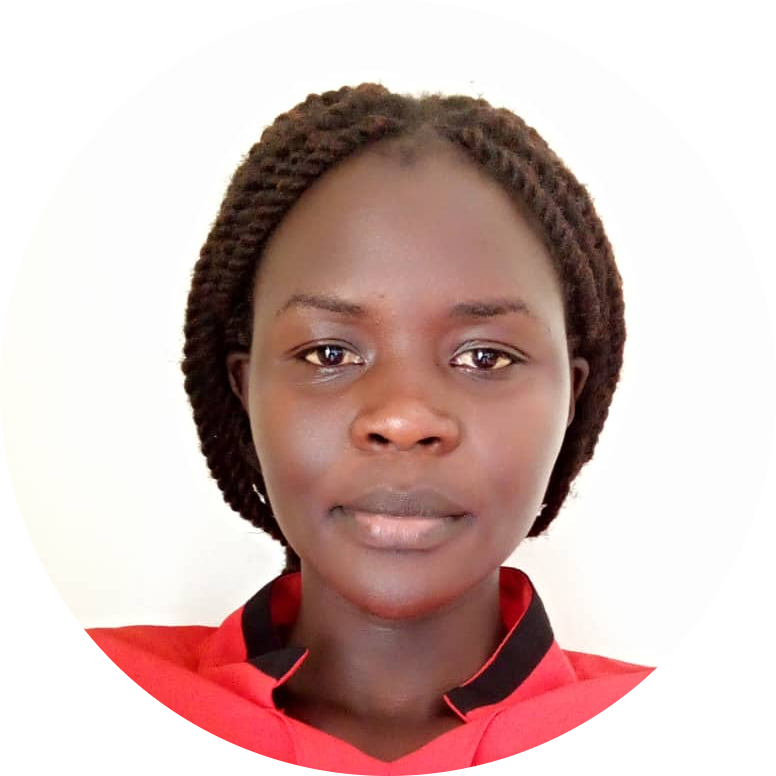
The Climate Smart Jobs (CSJ) project is testing a business model inspired by the Livelihoods and Food Security Programme (LFSP) in Zimbabwe, which was also implemented by Palladium. Evaline Ayoo, one of our Business Model Specialists, is supporting the adoption of the Goat Breeding Model by Farmer Group Enterprises. She visited Zimbabwe to learn from the LFSP experience. During that trip, she met an inspirational FGE that had invested in a grain shelling service. This group, mostly made up of single mothers, turned their success into new businesses while still running the original shelling operation. Seeing these women, who are often viewed as dependent minorities thrive, was a powerful reminder of what is possible. Here, she reflects on how these successes might translate to the Uganda context.
Where are we now, Evaline?
Since May 2023, we have onboarded nine FGEs. Three are contracted to do goats breeding, three are operating multi-crop shellers, and three are running a tractor model. Additional groups are in various stages of contracting. We anticipate that more will opt in as we continue engagement with as many potential groups as possible, while also bringing along private sector actors who are interested in aggregating FGEs as part of their supply chain.
What were your earlier beliefs about how this would all work out?
The newness of the FGE model slightly intimidated me. I was afraid it wouldn’t work out and was uncertain about formalising FGEs into limited liability companies. I thought the farmers would not appreciate the concept and would reject it.
Clearly, it’s going better than you expected! What have been your key highlights?
I am learning so much! We often assume that smallholder farmers are too poor to solve their own problems, but they can. Many times, it is just about drawing people’s attention to the real problem and the opportunities that exist. Farmers can quickly identify the problems, and they know what works. Many times, organisations impose solutions that do not address their priority needs. I have also come to understand the impact of dependency on donors and how that unsustainable approach affects communities. I think that targeting business-minded groups like Village Savings and Loan Associations (VSALs) or Savings and Credit Cooperative Organisations (SACCOs) could shift mindsets faster. It can also be helpful to leverage those positive cases in the community - those who are quick to appreciate new ways of doing things. They can champion change in perceptions and create trust within the community that whatever is being done is real.
You’re one of the trailblazers of this way of engaging SHFs on the CSJ project. What would you advise be for another Business Model Specialist?
Trust is everything! You need to build a firm relationship with the group. The members are going to invest their hard-earned money, so they have concerns. They worry that you could be a scammer. You need to build that trust, so they have the confidence to invest. You also must be flexible. Remember that the people that make up this group have diverse personalities, so you need to be flexible in your approach. Sometimes, the FGEs want to engage you and it’s over the weekend because that’s when they call to ask for support. You need to understand what works for them at the start of your journey with them. And lastly, the make-or-break stage of forming the FGE is the enterprise selection stage. They need to fully understand the weight of the problem before them and own the solutions they agree on.
What do we need to be mindful of as we go forward with this model?
Many smallholder farmers are used to organisations donating free things. Changing this mindset will take time. But there are groups that understand businesses, and these can act as low hanging fruit that we can work with to prove the model. Then other smallholder farmers can learn and copy them.
We need to get the FGE’s contribution before we register them. We invested in registering some FGEs who later failed to raise the required contribution and were not contracted.
There are sacrifices that come with new things. You need to go the extra mile, work beyond hours, sometimes on weekends to show the groups your dedication and to fully support them to get things moving.
What did you find difficult along the way, Evaline?
One of the most difficult times for me was the struggle some FGEs faced when raising the money. It is heartbreaking, especially for groups where you can see the commitment, but then something happens, and they really struggle. You have to walk this journey with them, encourage them and remind them of the goal. Also very painful was when the first FGEs were formed and some of them dropped out. It is not easy for these groups to raise the required monetary contribution and yet that contribution is necessary to show ownership and commitment to the business. So, when they dropped out, I had to start the process again with new groups. It is quite a journey. However, with the contracted FGEs acting as a reference point, smallholder farmers are trusting the approach more and more. Most of the farmers are not conversant with online registration and other processes thus I had to learn the URSB system to support the FGEs company registration. This entire journey has allowed me to see my own potential.
